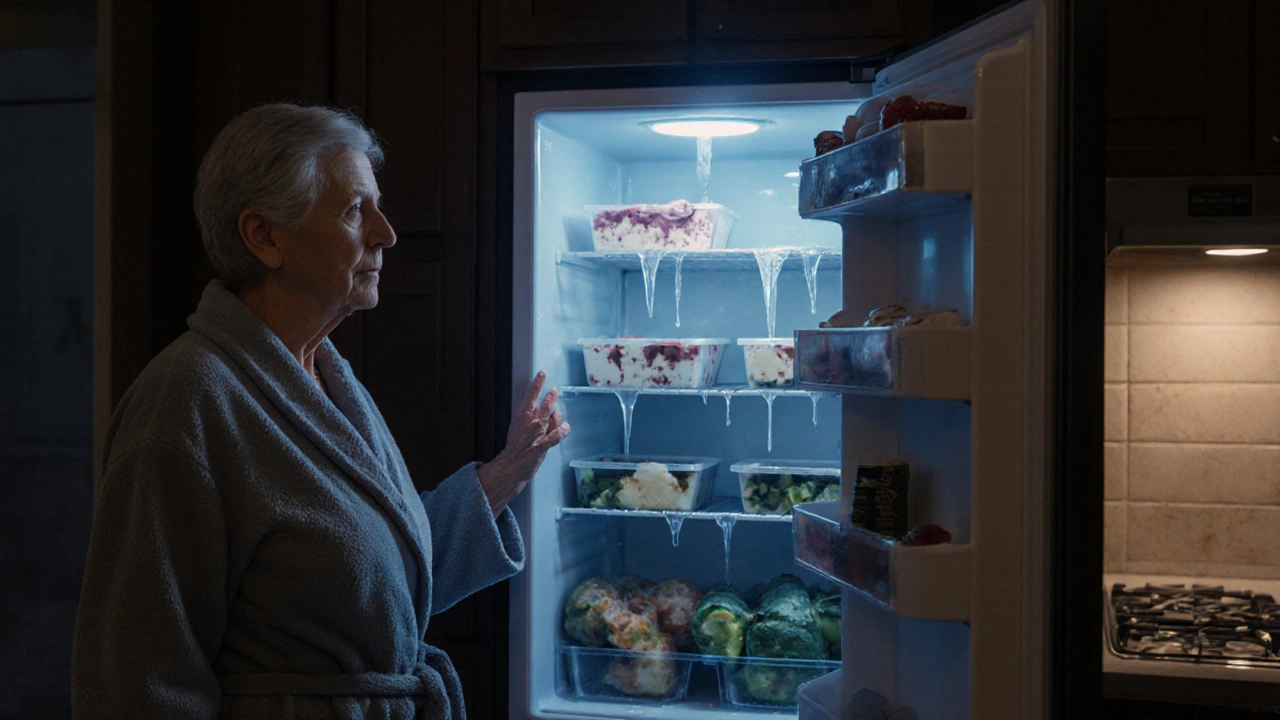When your freezer stops cooling, the culprit is often a freezer compressor failure, the breakdown of the motor that drives the refrigeration cycle. Also called a compressor breakdown, this issue can turn a frozen food stash into a soggy mess in minutes. Understanding why it happens helps you decide if a DIY fix is possible or if you need a qualified appliance technician, a specialist trained to safely handle refrigerant and sealed systems.
The freezer’s cooling system relies on several key parts. The compressor, a sealed, oil‑filled unit that pressurizes refrigerant gas creates the pressure difference needed for heat exchange. If the compressor stalls, overheats, or loses internal lubrication, the refrigerant can’t circulate, and the temperature rises. Low refrigerant, the chemical fluid that absorbs and releases heat inside the freezer often signals a leak that forces the compressor to work harder, shortening its life. Meanwhile, a faulty defrost system, which melts frost buildup on the evaporator coils can cause excess ice, making the compressor overheat and fail.
Typical signs include a steady rise in internal temperature, noisy or humming sounds from the back, and visible frost buildup. If the freezer panel feels unusually warm, the compressor’s motor may be struggling. Checking these symptoms before the food spoils can save you time and money.
Below you'll find our collection of articles covering these topics in depth.
Posted by
Orin Trask
0 Comments

Discover why a freezer suddenly stops working, how to troubleshoot common faults, and when to call a repair professional. Get clear steps and maintenance tips.
read more